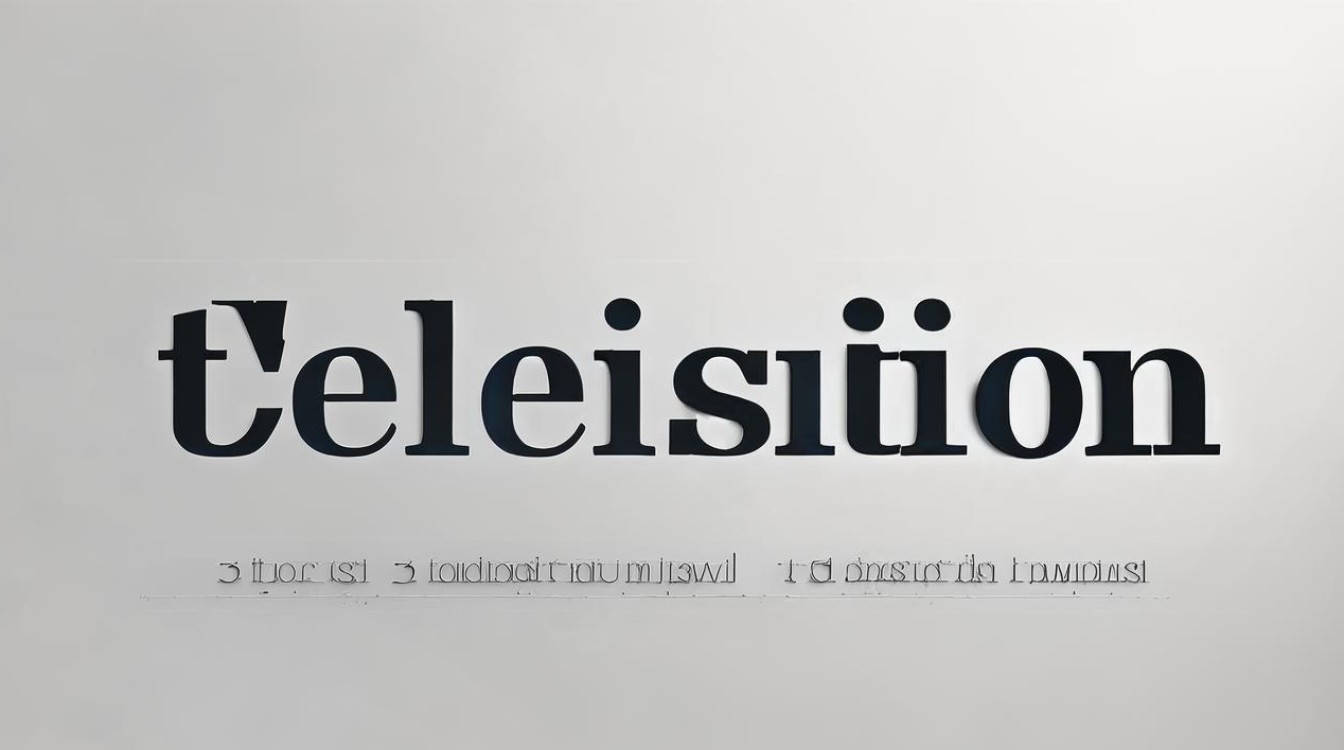The word "television" is one of the most common terms in modern language, yet its pronunciation can sometimes cause confusion, especially for non-native English speakers. Whether you're learning English or simply want to refine your pronunciation, understanding how to say "television" correctly is essential.

Breaking Down the Pronunciation
The word "television" consists of four syllables:
Tel-e-vi-sion
Let’s examine each syllable in detail:
- Tel – Pronounced like the word "tell" (rhymes with "bell").
- e – A short, unstressed sound, similar to the "uh" in "about."
- vi – Sounds like "vee" (rhymes with "see").
- sion – Pronounced as "zhun" (similar to the "sion" in "vision").
Putting it all together, the correct pronunciation is:

/ˈtel.ɪ.vɪʒ.ən/ (British English)
/ˈtel.ə.vɪʒ.ən/ (American English)
Common Mispronunciations
Many learners make slight errors when saying "television." Some frequent mistakes include:
- "Tel-ee-vi-sion" – Overemphasizing the second syllable ("ee") instead of the softer "e" sound.
- "Tel-uh-vizh-un" – While close, this often misplaces the stress or alters the final syllable.
- "Telly-vision" – A colloquial shortening in British English, but not the standard pronunciation.
Regional Variations
English pronunciation varies across different regions, and "television" is no exception.
British English
In British English, the pronunciation tends to be slightly more clipped:

- /ˈtel.ɪ.vɪʒ.ən/
- The "e" in the second syllable is shorter.
- The final "sion" is softer, closer to "zhun."
American English
American English often softens certain sounds:
- /ˈtel.ə.vɪʒ.ən/
- The second syllable sounds more like "uh."
- The "vi" part may be slightly quicker.
Australian and Other Dialects
Australian English sometimes shortens it further, resembling "telly" in casual speech. However, the full pronunciation remains similar to British English.
Tips for Perfecting Your Pronunciation
If you're struggling with the correct enunciation, try these techniques:
- Slow Repetition – Say each syllable separately before blending them.
- Listen and Mimic – Watch English news channels or YouTube videos to hear native speakers.
- Record Yourself – Compare your pronunciation to standard references.
- Use Phonetic Tools – Online dictionaries like Cambridge or Oxford provide audio examples.
Why Pronunciation Matters
Clear pronunciation improves communication, especially in professional and academic settings. Mispronouncing common words like "television" can lead to misunderstandings or make conversations less fluid.

Mastering the pronunciation of "television" is a small but important step in refining your English skills. With practice, you’ll say it naturally and confidently.
If you found this guide helpful, consider exploring more pronunciation tips to enhance your language fluency.

